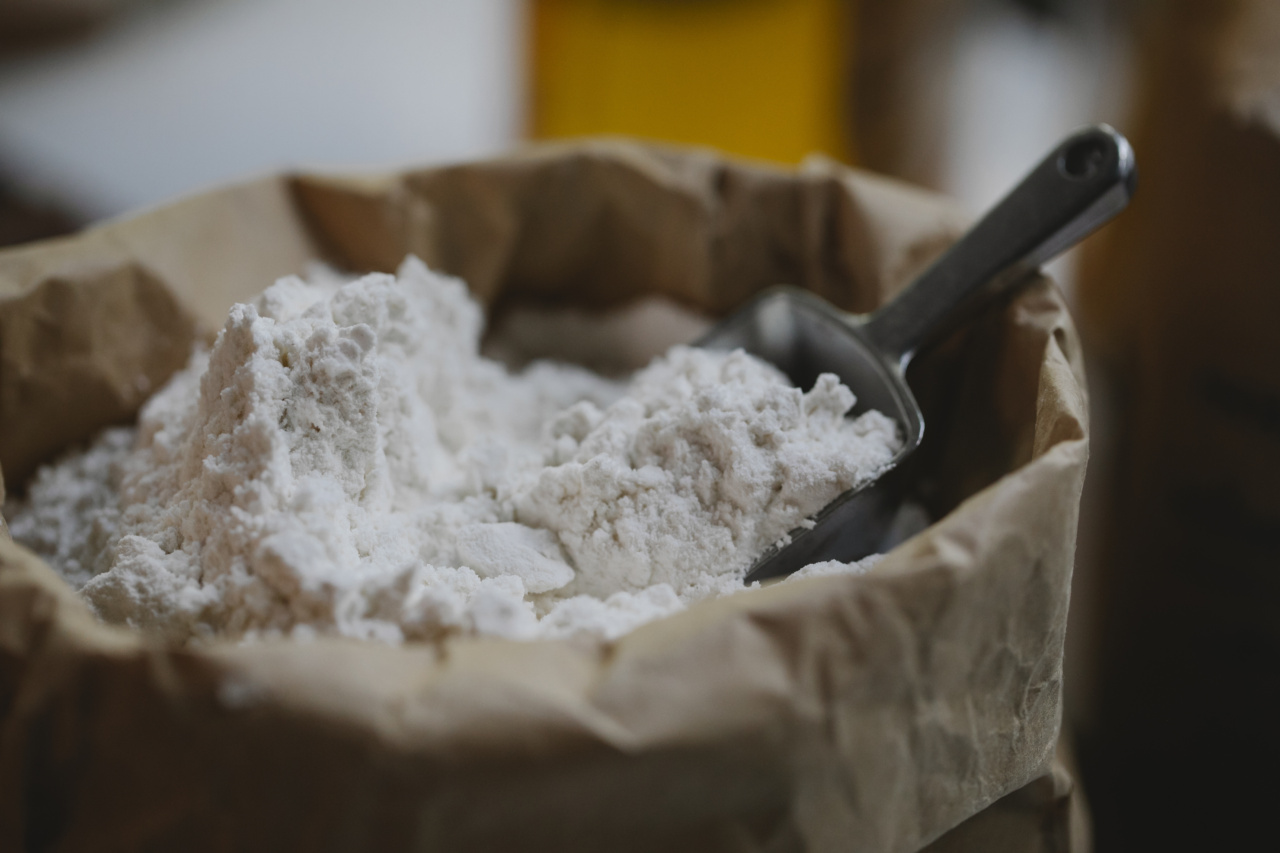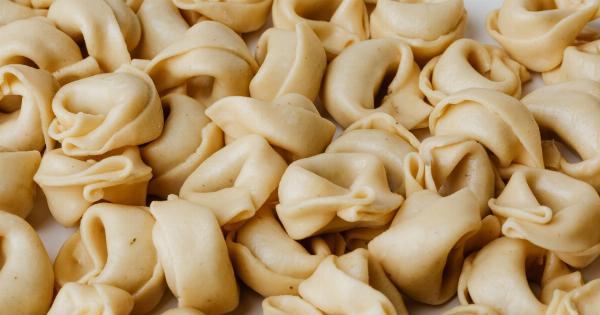Raw dough may seem like a harmless snack or ingredient, but it comes with many risks. Here are the dangers of eating raw dough:.
Salmonella Poisoning
Raw eggs are often used in dough, and they may contain salmonella bacteria that can cause serious illness. Ingesting raw dough made from contaminated eggs can lead to symptoms such as vomiting, diarrhea, and high fever.
In severe cases, salmonella poisoning can even lead to death, particularly for young children, elderly adults, and those with weakened immune systems.
E. Coli Contamination
Dough that is made with contaminated flour can contain E. coli bacteria, which can cause severe food poisoning. Symptoms of E. coli infection include bloody diarrhea, abdominal cramps, and dehydration. In some cases, E.
coli infection can lead to kidney failure.
Liver Failure
Raw dough may contain high levels of vitamin A, particularly if it is made with liver or other organ meats. Consuming too much vitamin A can lead to liver damage and even liver failure.
Food Allergies
Raw dough often contains ingredients like nuts, milk, and eggs, which can trigger severe allergic reactions in some people. Those with food allergies should be especially cautious when consuming or handling raw dough.
Choking Hazard
Raw dough is often sticky and difficult to swallow, which can increase the risk of choking. Children, in particular, may be at risk of choking on raw dough.
Misleading Taste
Raw dough may contain other ingredients that can make it taste like it is fully baked, such as brown sugar and vanilla extract. This can be misleading and cause people to eat more than they should, increasing their risk of illness.
Raw Dough in Restaurants and Bakeries
Consumers should be aware that many restaurants and bakeries offer raw dough as a snack or dessert. Customers should avoid eating raw dough or batter and should inquire about the ingredients used.
Restaurants and bakeries should also be aware of the risks associated with serving raw dough and should take steps to properly handle and label the product.
Preventing Illness from Raw Dough
There are several steps that consumers can take to reduce their risk of illness from consuming raw dough:.
- Always wash your hands thoroughly after handling raw dough;
- Do not consume raw dough or batter;
- Never let children play with raw dough or batter;
- Use pasteurized eggs in recipes that call for eggs;
- Be aware of the ingredients used and any potential allergens;
- Avoid eating raw dough in restaurants and bakeries;
- Cook dough thoroughly before consuming.
Conclusion
Consuming raw dough can lead to severe illness and even death due to the presence of harmful bacteria, allergens, and high levels of vitamin A.
Consumers should take precautions to avoid consuming raw dough and should be aware of the risks associated with handling and serving raw dough in restaurants and bakeries.






























